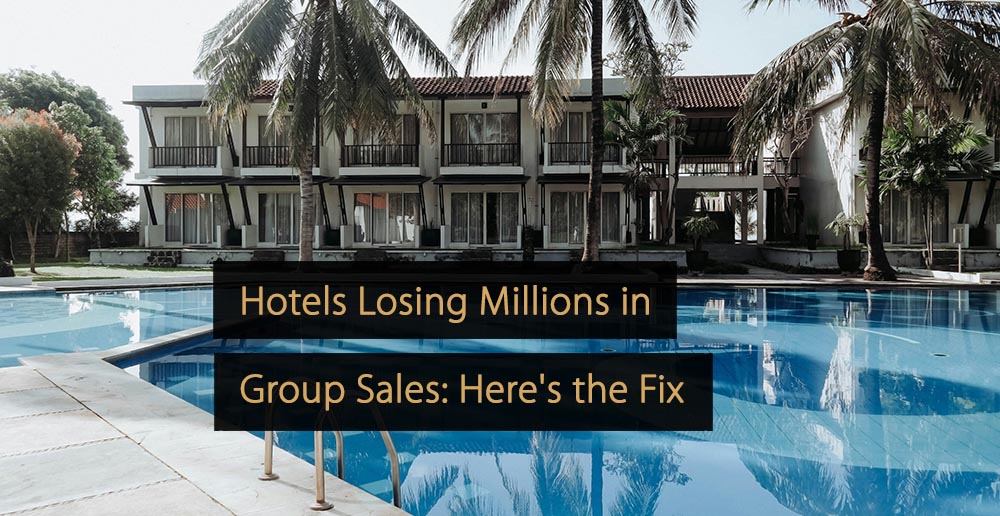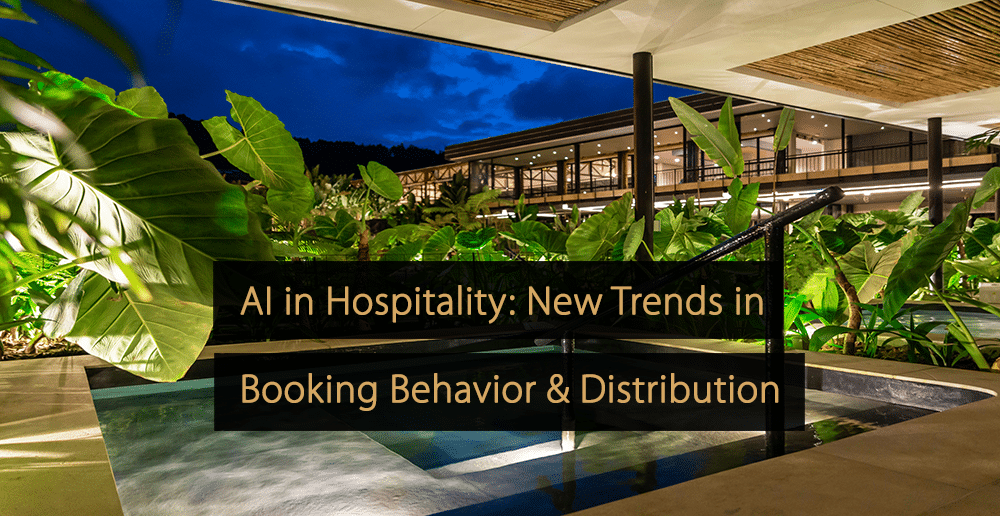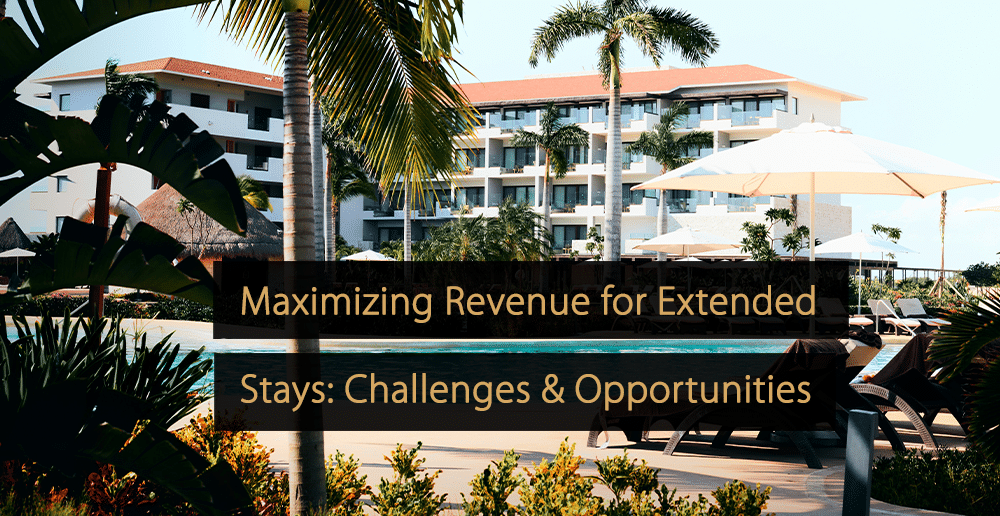
Hotels Are Losing Millions in Group Sales. Here’s Why (And How to Fix It)
There's a curious paradox in the hotel industry. Hotels have mastered the art of making it effortless for a guest to book a single room for one night. Yet the moment a group enters the equation, be it a corporate team booking, a sports club, or an event needing rooms and meeting space, the entire process grinds to a halt. Suddenly, it's email chains, manual RFPs, and a sales process more suited to the 1990s
What Hotel Staff Really Need from a PMS (and Why Many Systems Fail Them)
A hotel’s property management system (PMS) is the backbone of daily operations, touching nearly every department - from front desk and housekeeping to revenue management and accounting. In theory, a PMS should streamline operations, reduce friction, and create a seamless experience for both employees and guests. However, in practice, many PMS platforms fall short of these expectations. Instead of empowering hotel teams, they slow them down, adding complexity to everyday tasks. How PMS Frustrations Impact
Top 5 Unusual Places Near Dubai: Hidden Gems Worth Exploring
Dubai is often associated with extravagance, soaring structures, along with busy commercial hubs. While these locales are undeniably charming, many sightseers find they crave something beyond the typical tourist's experience. The attraction of Dubai's ostentatious facade can sometimes overshadow the plentiful aggregation of culture and nature that thrives just beyond its limits. If you yearn to escape the ordinary and unearth some veiled gems, you are in for a gratifying revelation. 5 Hidden Gems Near
AI Marketing Tips: Best Practices & Insights from Hospitality Experts
Question for Our Hotel Marketing Expert Panel What are your top suggestions and best practices for using AI in hotel marketing activities (e.g., communication, data analysis, etc.)? (Question proposed by Michael J. Goldrich.) Our Marketing Expert Panel Michael J. Goldrich - Founder & Chief Advisor, Vivander Dr. Betsy Stringam-Bender - Professor of Hotels & Resort, New Mexico State University Thom de Graaf - Online Marketing Specialist, The
Hotel Marketing Checklist and Tips for Pre-Opening Success
Question for Our Hotel Marketing Expert Panel To ensure a successful launch, what key actions should be on a hotel’s marketing checklist in the months leading up to a new opening? (Question proposed by Kamila Zawadzka.) Our Marketing Expert Panel Kamila Zawadzka - Marketing Lead, The Orange Studio Michael J. Goldrich - Founder & Chief Advisor, Vivander Moriya Rockman - Chief of Marketing, Smiling House Luxury Global Max Starkov - Adjunct Professor Hospitality Technology, New York University Ask Our Panel a Question Join Our Expert Panel "Opening a
AI in Hospitality: New Trends in Booking Behavior and Distribution
What did you think when ChatGPT first came out? Maybe you were in the “nice, but useless gadget” camp. Or did you immediately see it as a powerful tool that will shake up our industry? The latter has proven true. Artificial intelligence (AI) tools have only been available for a short time. But you can already see an impact in many areas of the hospitality industry. That goes for both hotels and travelers. Let’s look
How to Optimize Your Hotel Email Database: Quality Over Quantity
Email marketing is one of the most powerful tools hotels can use to stay connected with guests and drive bookings. But having a huge list of email addresses isn’t always a good thing. In this article, we’ll explore why quality matters more than quantity, how poor list hygiene can hurt your results, and what steps hotels can take to keep databases healthy and effective. The Hidden Cost of a Big List Tempted by big audiences
Maximizing Revenue for Extended Stay Accommodations: Challenges and Opportunities
Extended stay accommodations and serviced apartments represent a small but fast-growing portion of the European hospitality sector, with the market projected to grow (1) at CAGR of 12.3% from 2024 to 2030. The segment’s relatively rapid growth should come as no surprise as more travelers are booking trips that blend
Hotel Industry Challenges: A Guide for Hoteliers
Hotel industry challenges are best conceptualized as a product of a dynamic economic landscape. These include financial, market, and logistical elements inherent to the modern world. Examples range from staff retention to adaptation of new technological innovations. To succeed in the hospitality industry is to face these challenges with a
Outsourcing Revenue Management: 4 Ways it Benefits Hotels
Revenue management is extremely important within the hotel industry because it enables owners to optimize their business operations and improve financial results. However, it also requires specific skills and knowledge, which means that it can be more effective to outsource revenue management to a third party that specializes in this










